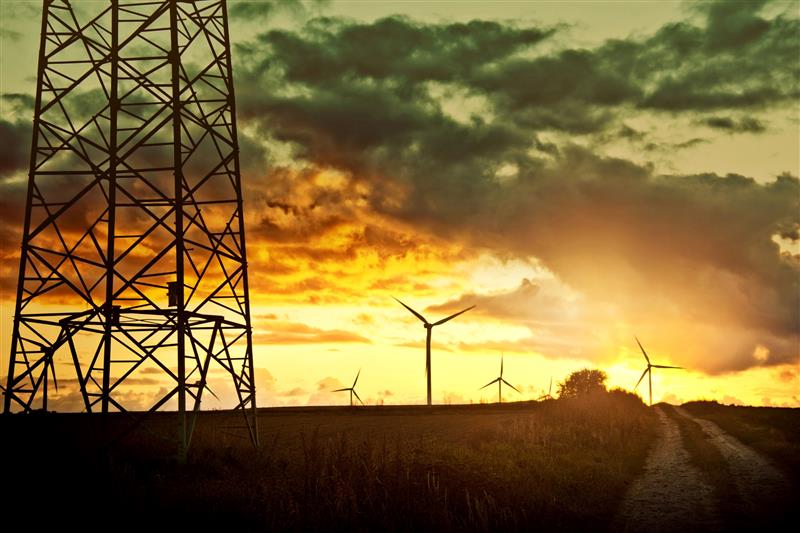As temperatures soared this summer, the pace of power market reforms picked up with equal intensity. Two significant developments have opened new avenues for commercial and industrial (C&I) consumers to manage renewable energy procurement and price risk:
The Central Electricity Regulatory Commission (CERC) released draft guidelines and proposed amendments to enable Virtual Power Purchase Agreements (VPPAs), providing a new framework for procuring environmental attributes without taking physical delivery of electricity
SEBI granted approvals to the Multi Commodity Exchange (MCX) and National Stock Exchange (NSE) to introduce certain exchange traded electricity derivatives
Together, these moves signal a broadening of market based tools for power procurement beyond traditional physical Power Purchase Agreements (PPAs).
VPPAs
CERC’s proposed framework introduces VPPAs as a ‘non-transferable specific delivery’ based over-the-counter contract between renewable energy generator and consumer, wherein both the parties agree on a pre-determined reference price for the transaction. The renewable energy generator sells the power independently on the power exchanges (IEX, PXIL and HPX). The difference between the market price discovered on the power exchange and the pre-determined reference price is referred to as the ‘VPPA Price’. This difference, whether positive or negative, is allowed to be settled bilaterally between the parties. Additionally, Renewable Energy Certificates (RECs) accruing to the generator for sale of power is required to be transferred to the consumer, enabling them to meet Renewable Purchase Obligation (RPO) targets. However, the RECs are not permitted to be traded further in the market.
The draft guidelines, at this stage, are confined to the Indian REC regime regulated by CERC’s 2022 regulations and do not extend to internationally recognised environmental attributes such as I-RECs and TIGRs which are used by corporates for global sustainability reporting. As a result, the proposed framework, in its present avatar, may primarily appeal to ‘obligated entities’ with which have requirements to meet Renewable Purchase Obligation (RPO) targets as per the Electricity Act 2003 rather than voluntary corporates seeking to meet broader ESG goals. Further, while the draft refers to VPPA being ‘long-term’ contracts, it does not currently define the term. These aspects are likely to be further refined and clarified before the framework are finalised.
Electricity Derivatives
India already permits futures trading in commodities like crude oil and natural gas; however, electricity had so far been left out of the derivatives landscape. SEBI’s current approvals to MCX and NSE bring in commoditisation of electricity. The current approvals appear to be limited to monthly electricity futures contracts only. The trading unit of the contract will be 50 MWh.
Over time, the exchanges are expected to gradually introduce other long-duration electricity derivatives, such as quarterly and annual contracts. A financially settled futures market will enable participants to hedge their price risks effectively.
Key Differences
Electricity derivatives, regulated by SEBI under the Securities Contracts (Regulation) Act 1956 are purely financial instruments with no physical delivery obligation. These products are expected to develop as liquid; standardised contracts traded on commodity exchanges such as MCX and NSE. VPPAs occupy a middle ground between electricity derivatives and delivery based PPAs. Similar to derivatives, they involve financial settlements linked to power market prices and do not require physical delivery to the consumer. However, the underlying power is physically delivered by the generator through power exchanges.
Electricity derivatives will follow standardised templates and contract terms as per exchange bye-laws and rules, leaving limited room for customisation. VPPAs, on the other hand, would require bespoke structuring, tailored to the specific risk appetite, commercial objectives, and sustainability strategies of the contracting parties.
Conclusion
The introduction of both VPPAs and Electricity Derivatives is expected to deepen India’s power market and provide corporates with more flexible tools for power procurement, price risk management and ESG goals. As the regulatory and market frameworks continue to evolve, renewable energy developers and power procuring corporates will need to assess which instruments best suit their procurement strategies and risk management objectives in this changing landscape.

